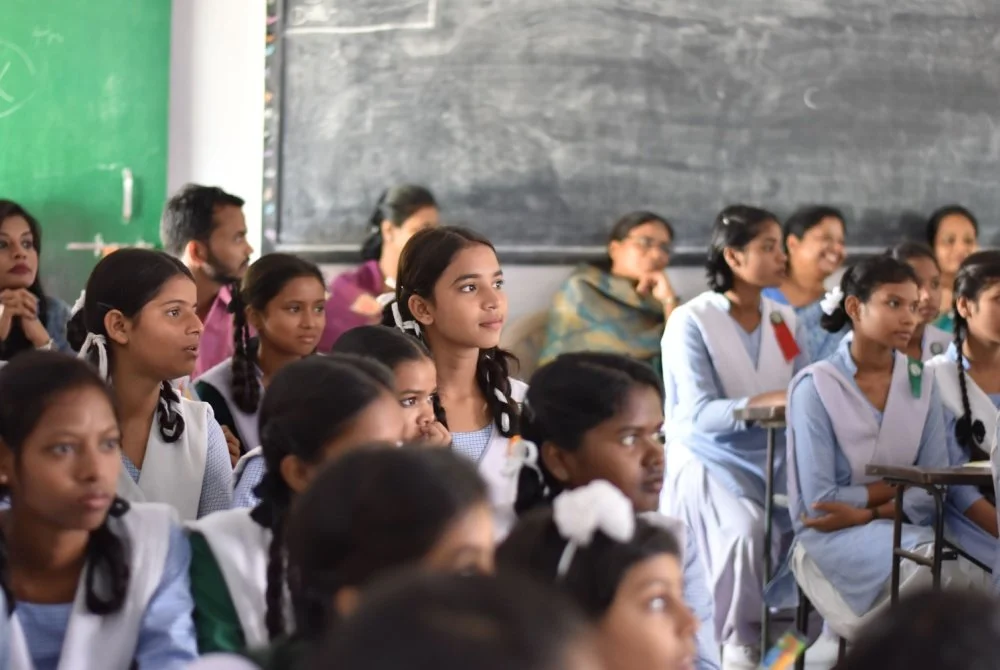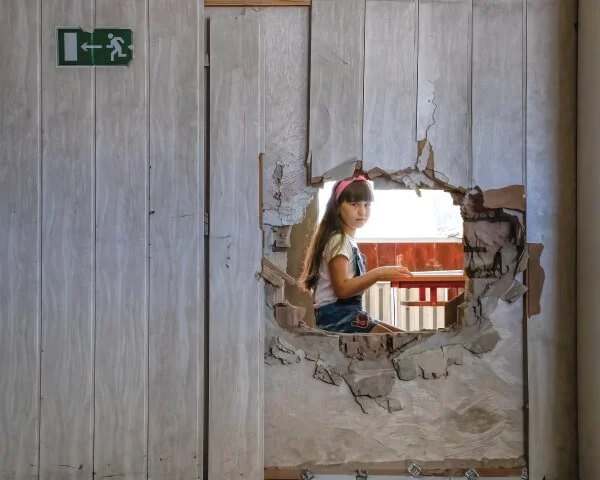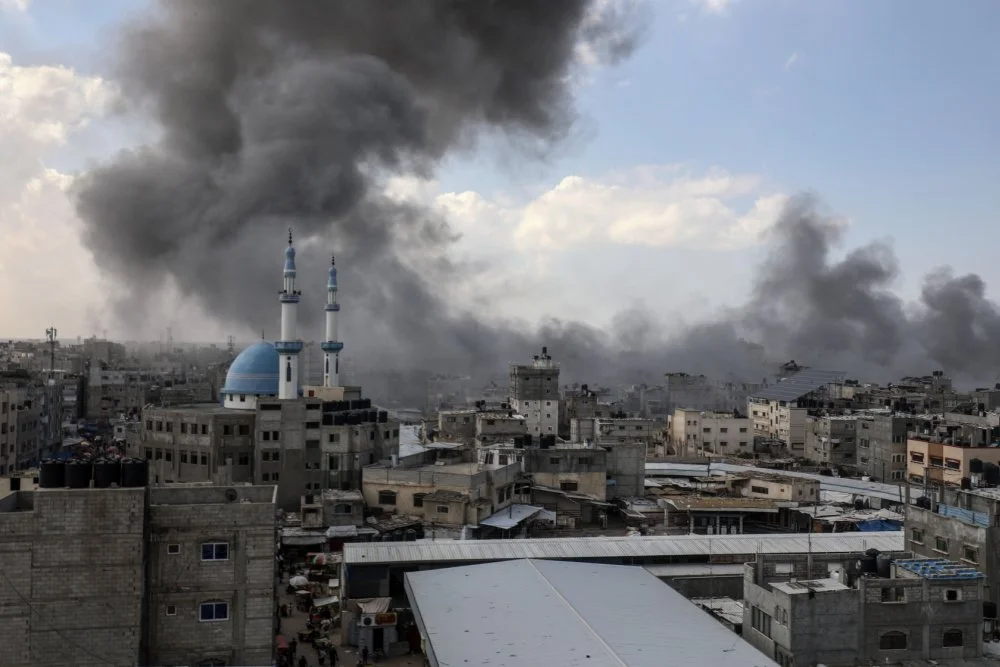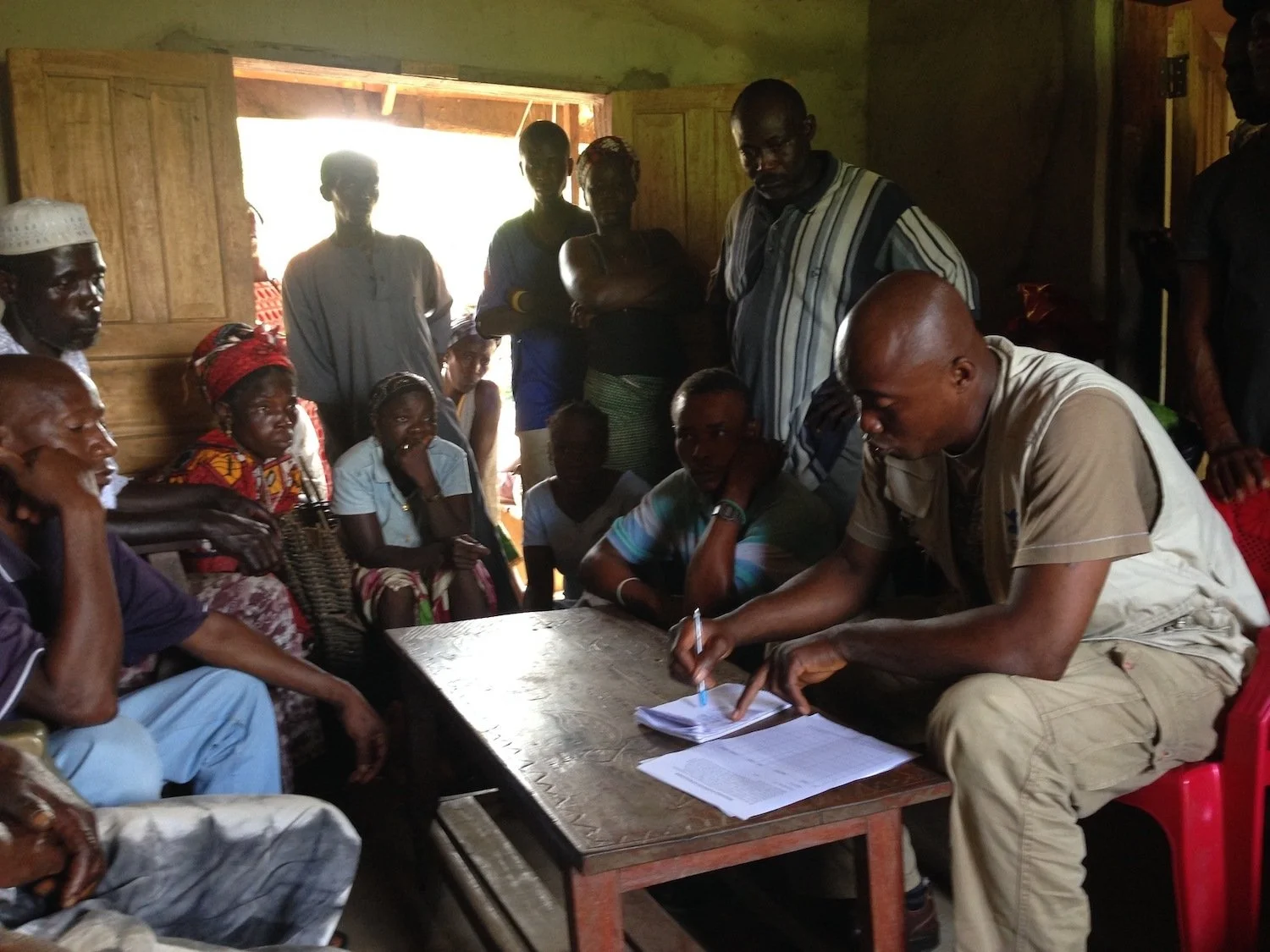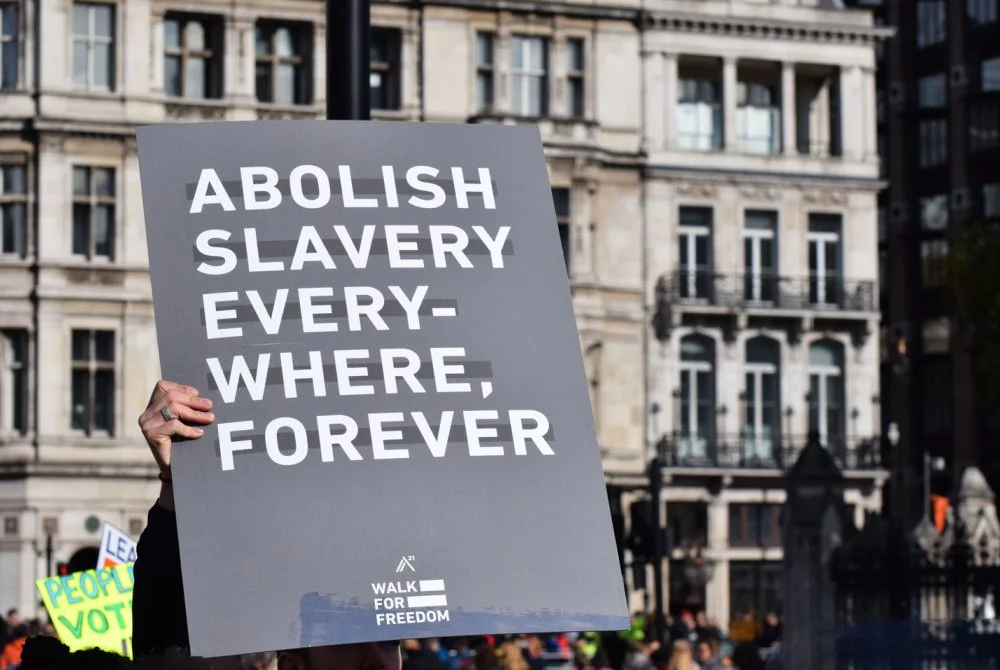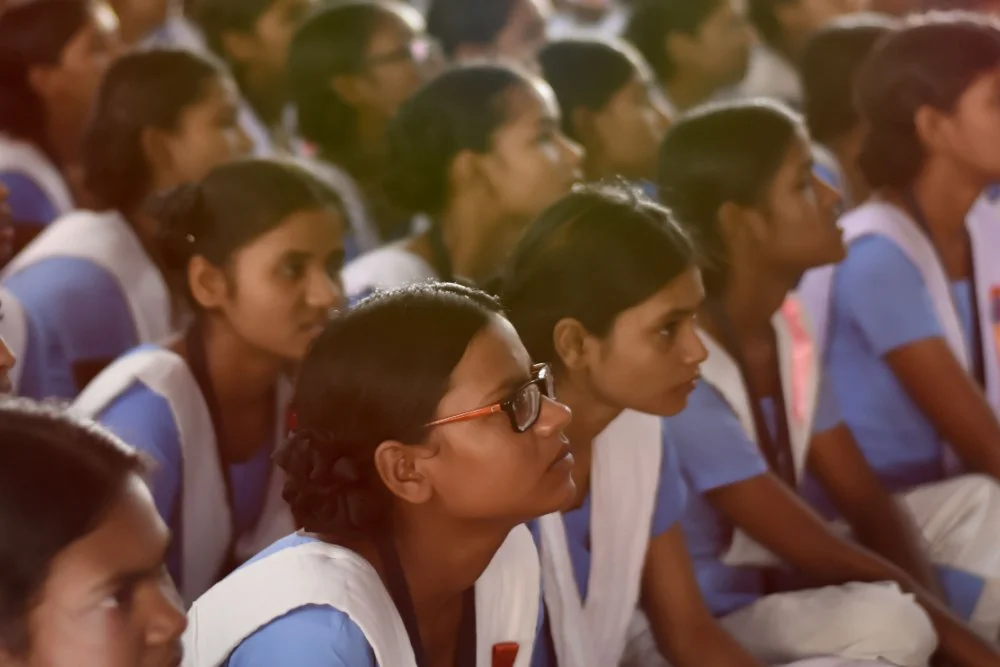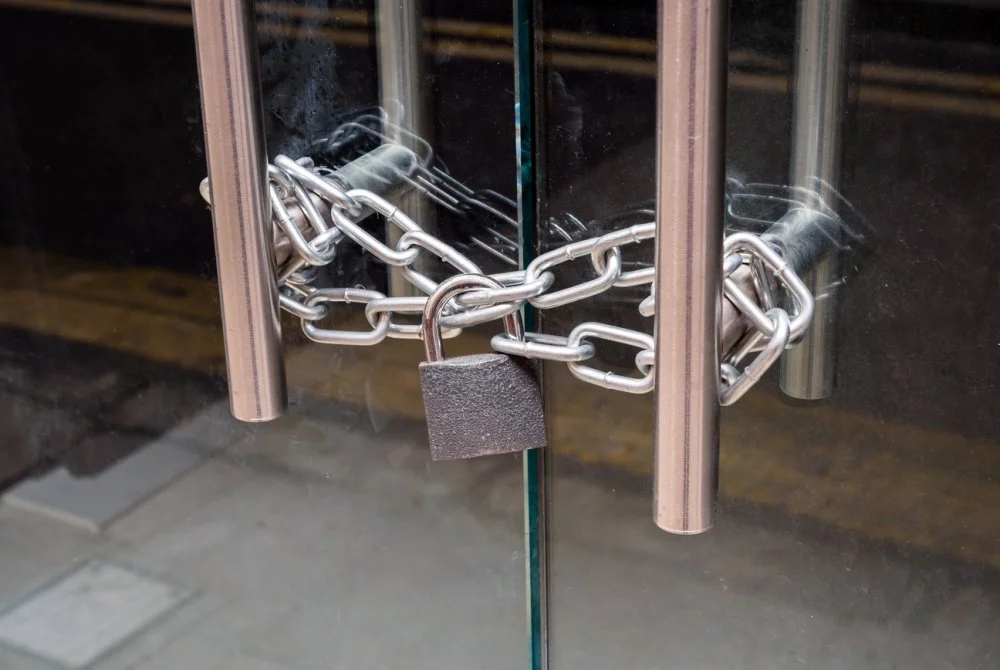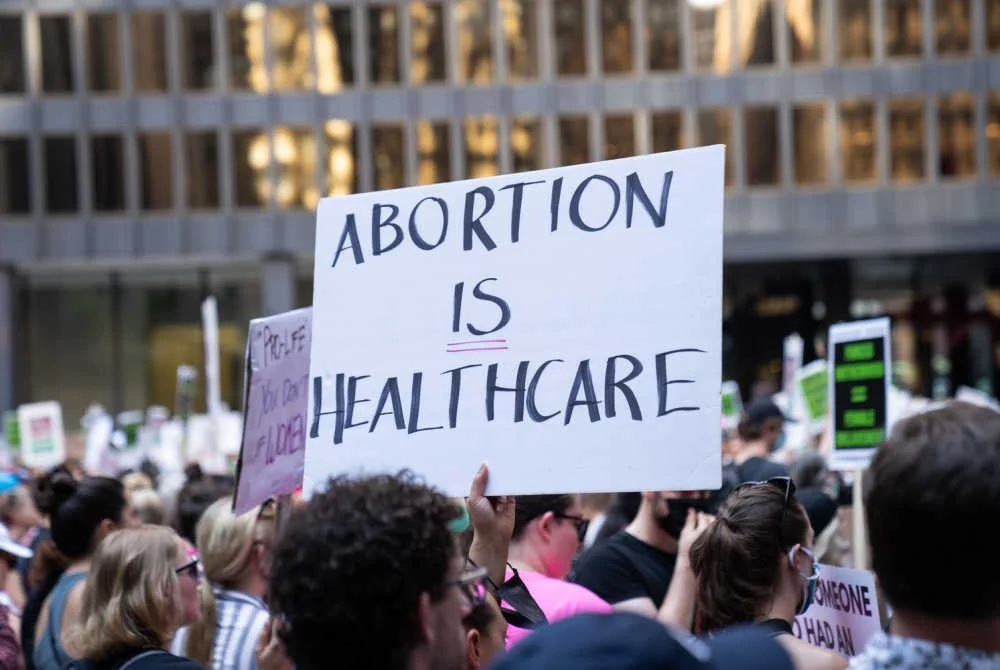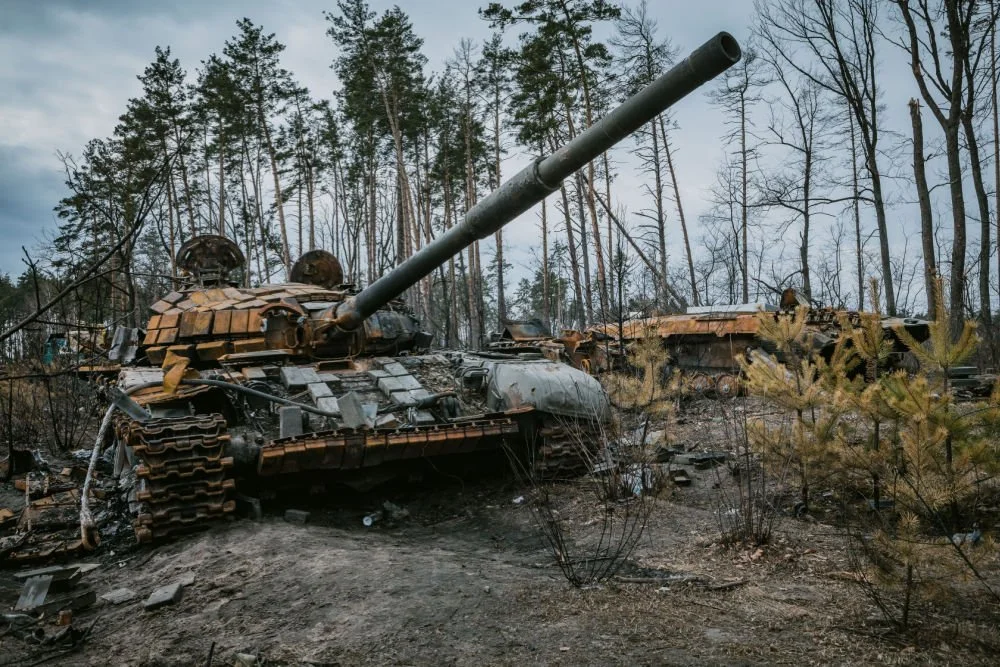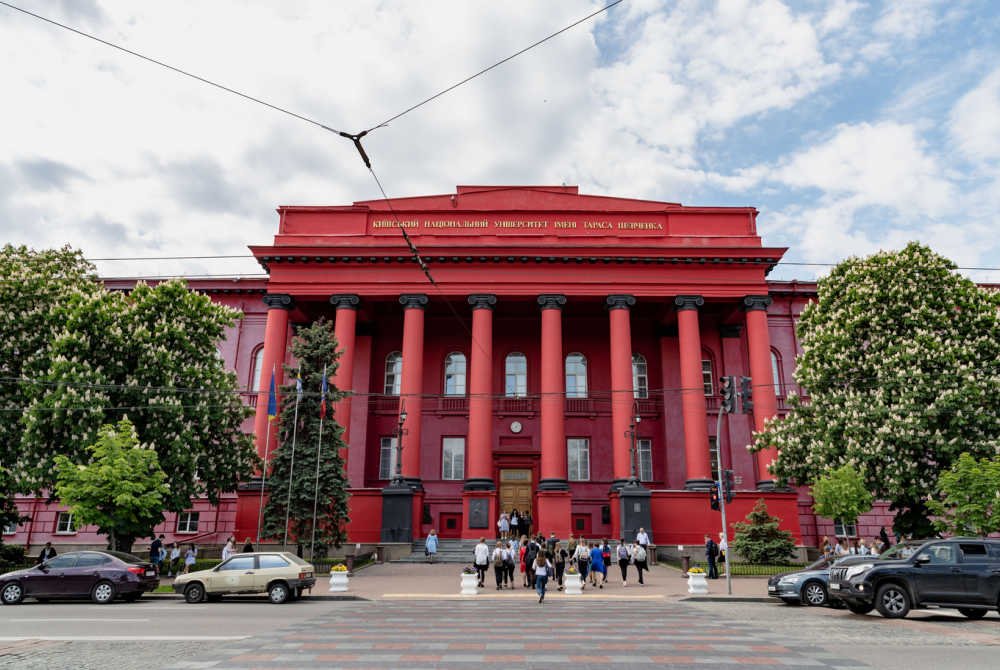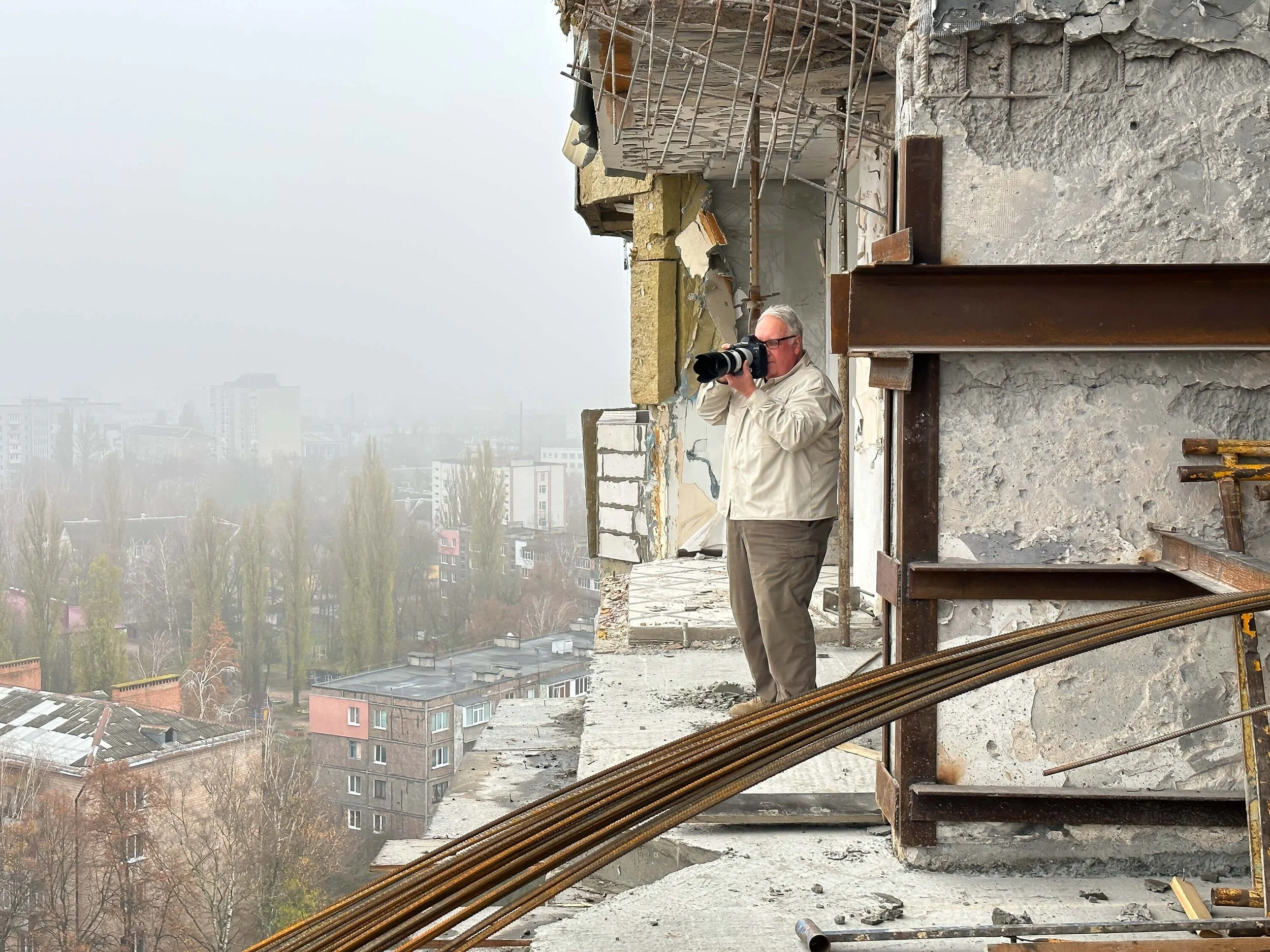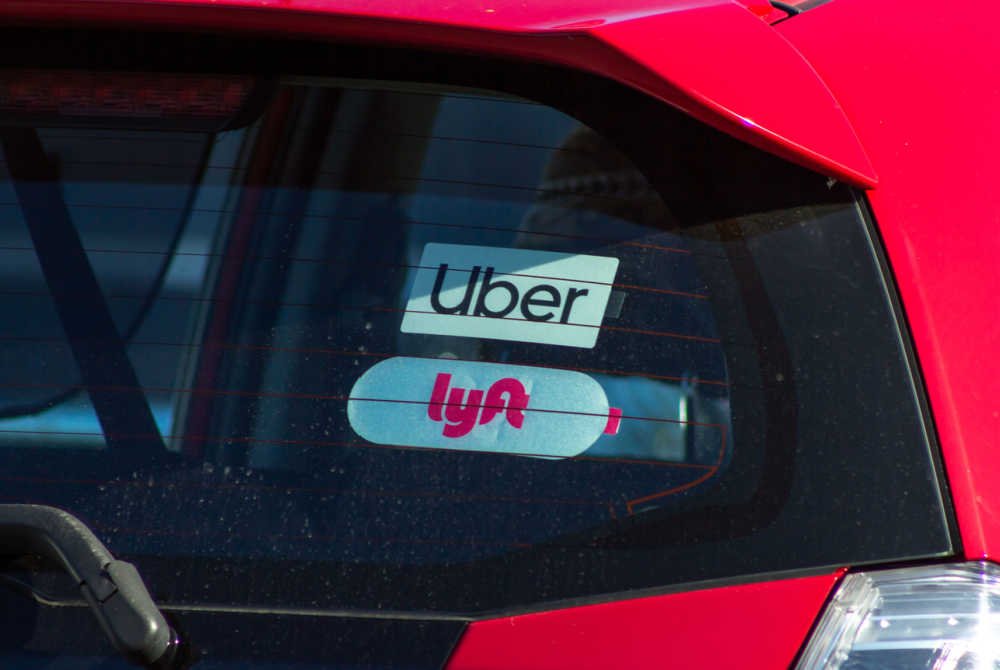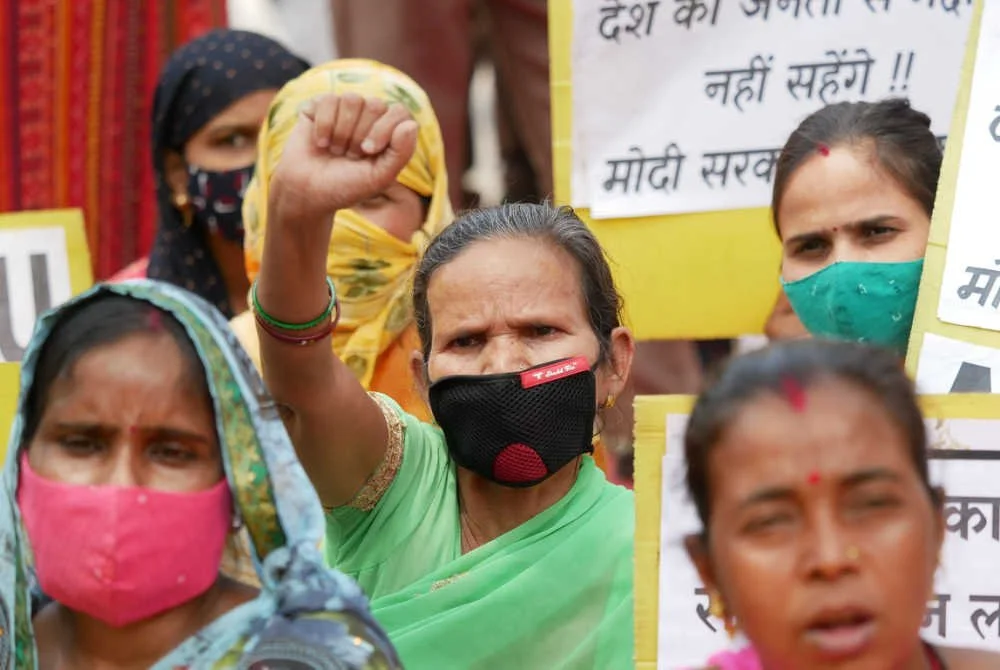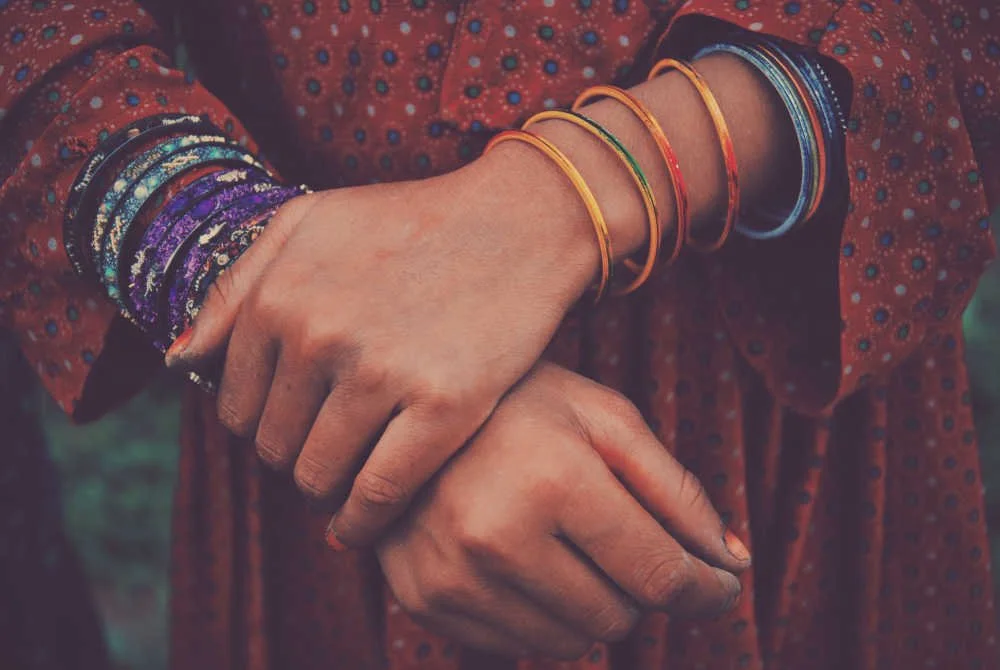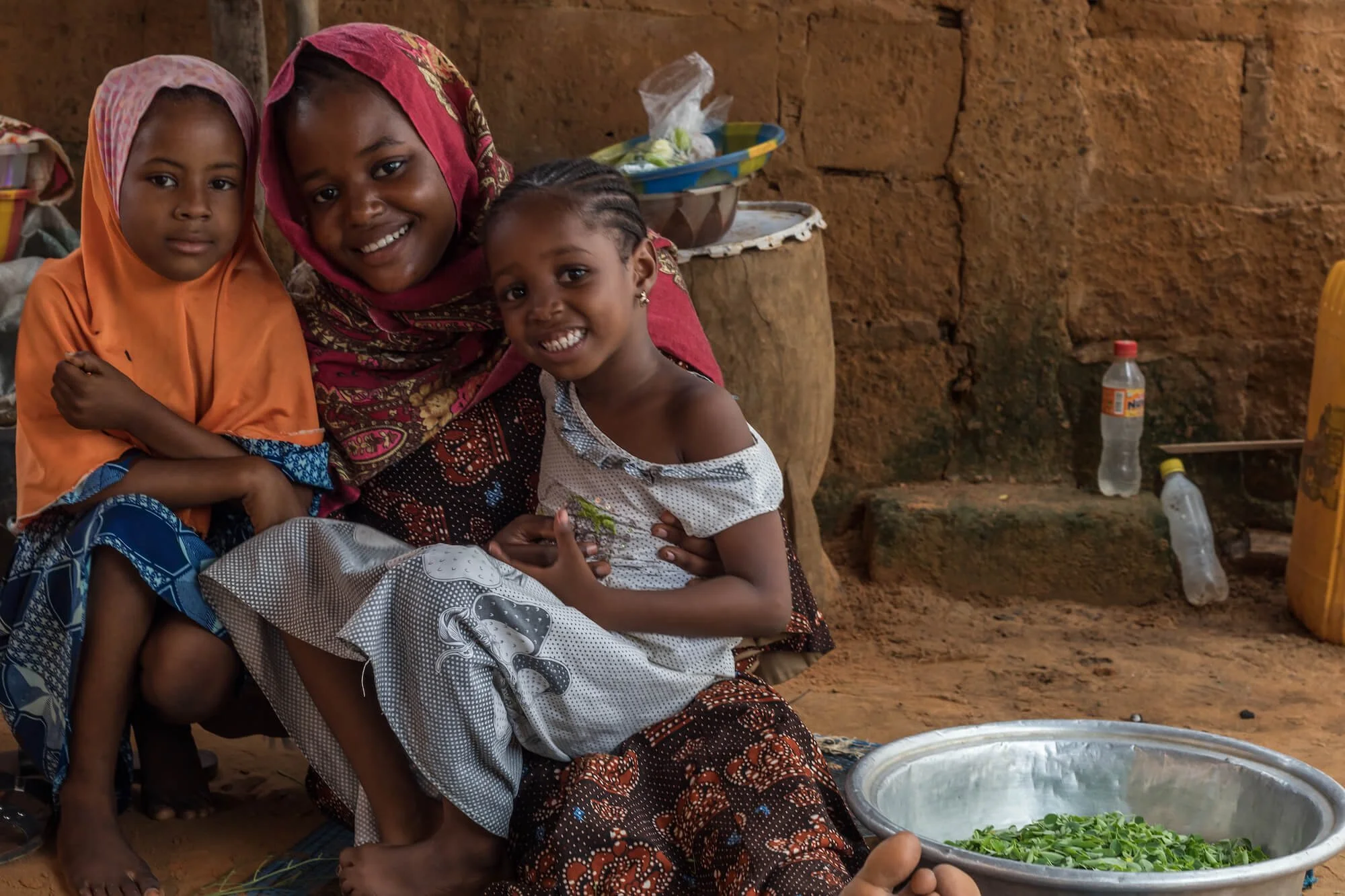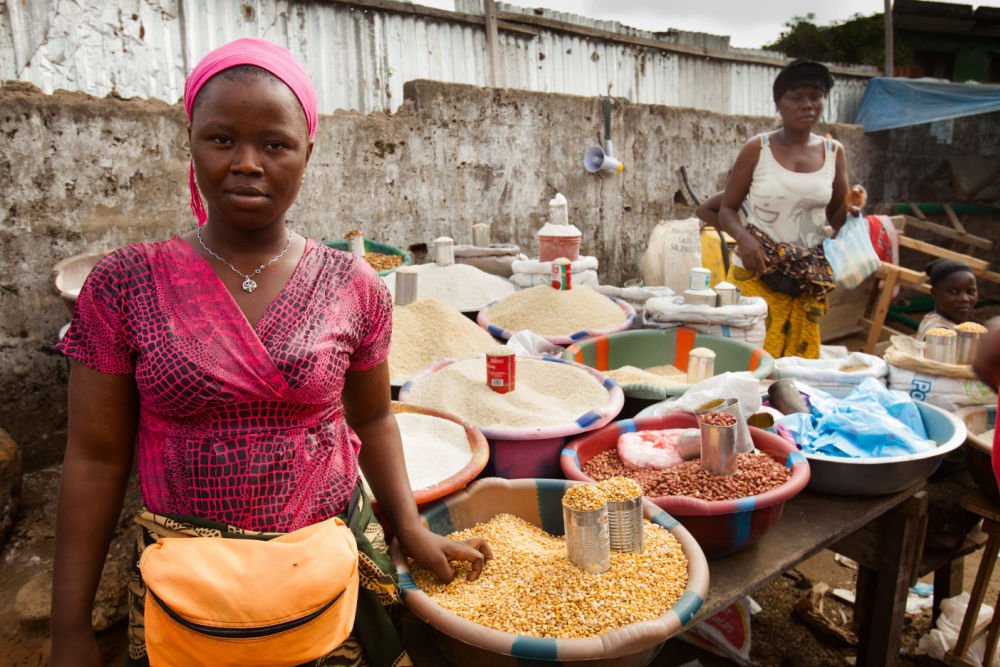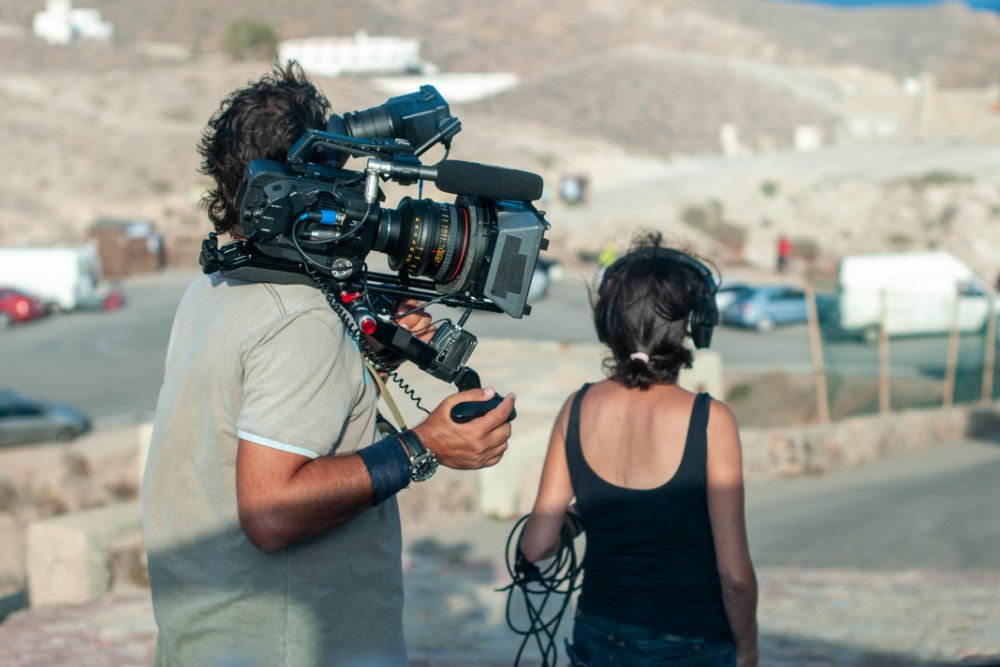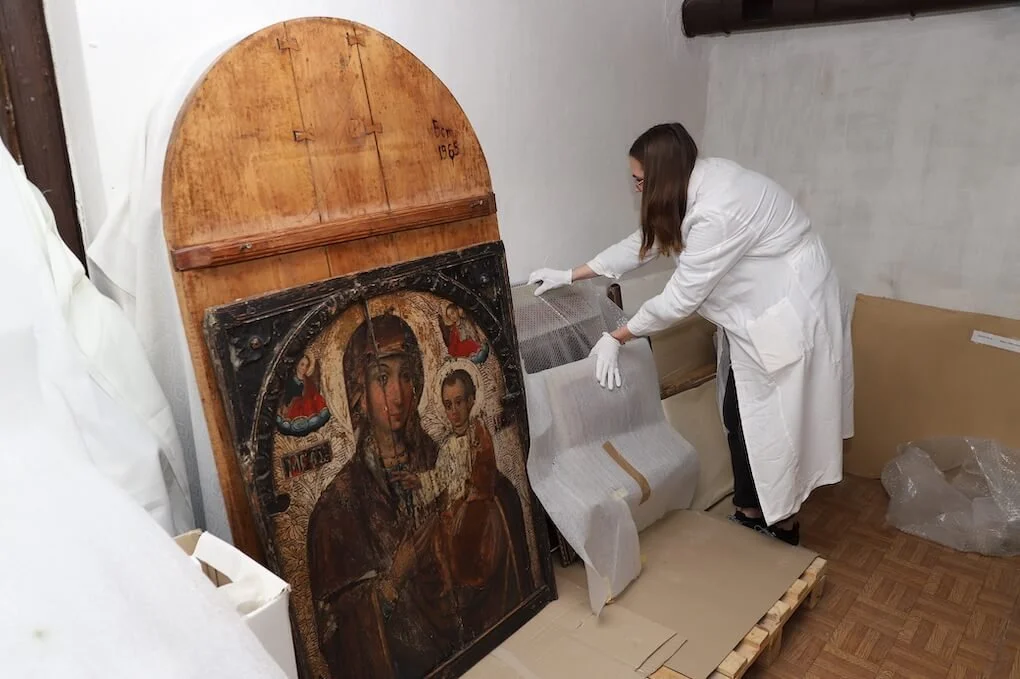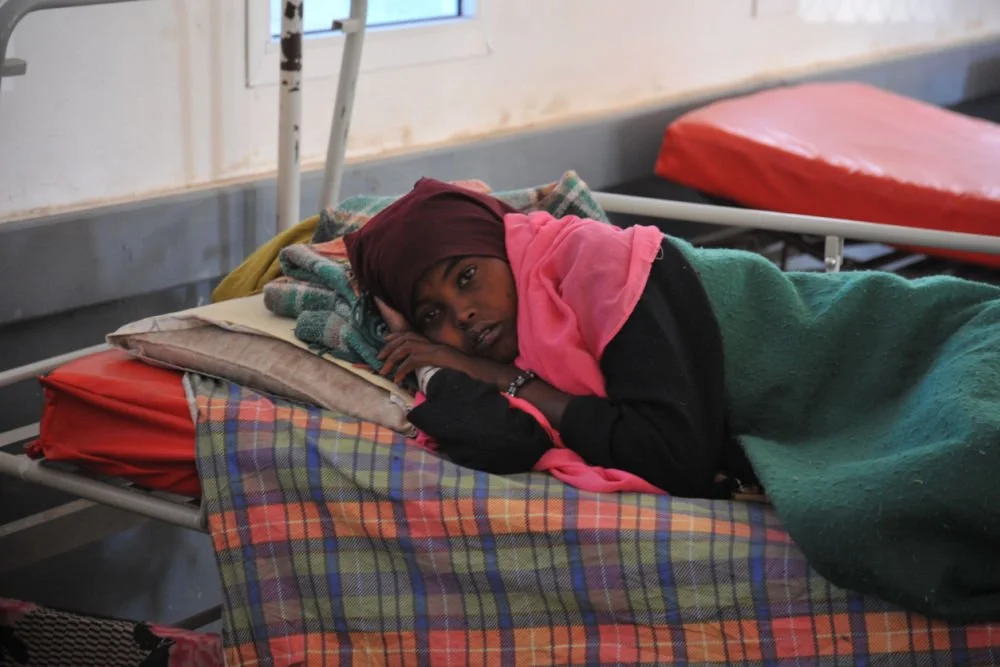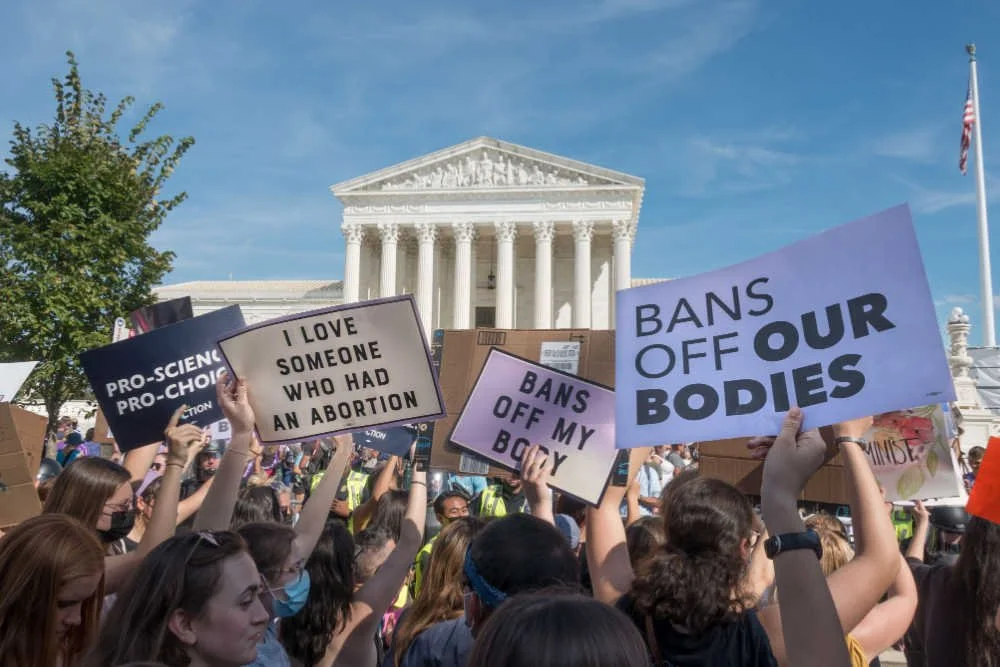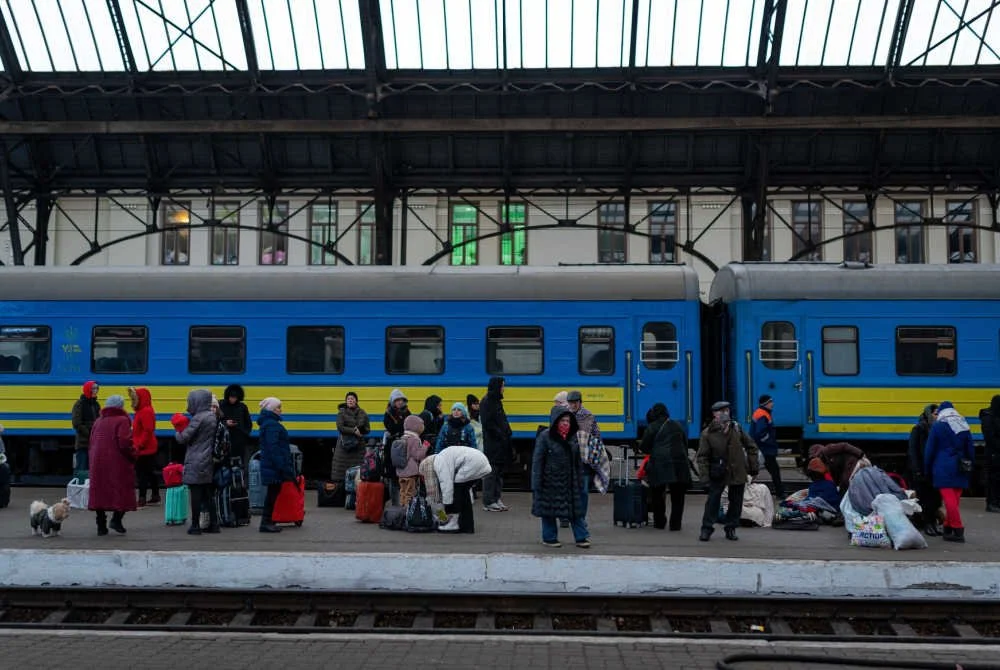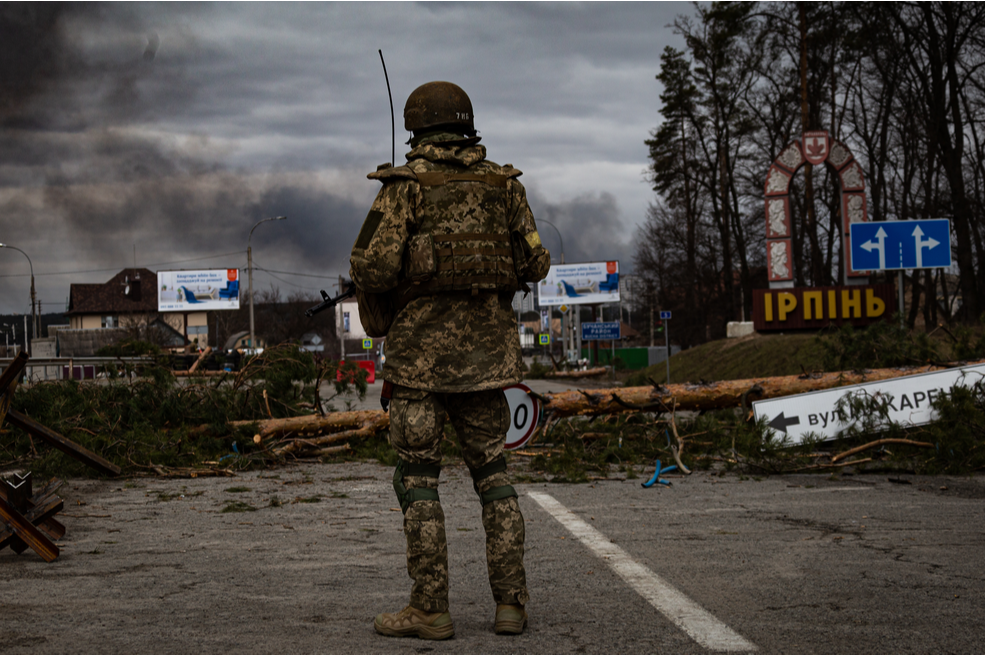A Prerequisite for Progress: Why Funding Peace and Security is so Important
/Like me, you probably woke up this morning in a comfortable bed and started your day in peace. For the 1.6 billion people who woke up this morning to violent conflict, crime or terrorism, our reality may seem like an impossibility. Nearly 76 million refugees woke up in places they don’t even call home. If you’re a funder trying to serve these populations, it’s time to invest in peace.
Violent conflict is a disaster multiplier, a driver of economic dysfunction, and a symptom of underlying issues like corruption, inequality and authoritarianism. It must be addressed before we can achieve any other social good.
Take girls’ education, for example. 10.5 million children, the majority girls, remain out of school in Nigeria as Boko Haram wages violent conflict. “We are spending billions trying to encourage girls to go to school, only to allow them be abducted by terrorists,” said the country’s former vice president, Atiku Abubakar, in March.
In order to advance girls' education in Nigeria, we need to remove the barriers that are preventing them from attending school, one of which is violent conflict. Peace is the prerequisite for any other philanthropic goal; we must lay the groundwork for peace in order to build stable, resilient communities.
It would be unreasonable and untenable to ask funders to completely rewrite their strategies, scrap their current dockets, or start funding outside their areas of expertise. If you’re a funder in education, health, poverty, or any other social good but don’t yet consider yourself to be a peace and security funder, here are three things you can do to make your dollars go further.
Fund at the intersections. A nuanced understanding of intersectionality is crucial for effective, systems-change grantmaking. Look for groups whose work touches multiple aspects of the problem your foundation is trying to solve and recognize where shared priorities exist. Take global health, for example. In Syria, vaccination rates dropped from 80 percent to 41 percent from 2011, when the war broke out, to 2017. This creates the perfect storm for diseases like polio and measles to re-emerge as major public health threats. Eradicating these diseases requires vaccines, and vaccines can’t be accessed if hospitals and clinics are overwhelmed by caring for injured civilians or if those hospitals and clinics have been turned to rubble.
Partner up! In 2015, we estimated that 336 foundations invested in peace and security issues. That gives you 336 partners from which to borrow strategic knowledge and expertise to make your grantmaking go further. This mighty cadre of funders represents decades of lessons learned from funding locally led efforts toward peacebuilding, nuclear security, atrocities prevention, and more. They are experts in their fields and are eager to collaborate with other funders. From information sharing to pooled funding, there are many ways to collaborate with existing peace and security funders.
Assess the risks. Before your next grants docket comes up, research and assess all of the factors that impact your philanthropic goals. Nothing happens in a vacuum, so it is vital you take stock of the systems in which your foundation operates. If your funding is focused on access to clean water, you should determine whether or not conflict, corruption or instability are impeding community access to clean water or your grantees’ ability to provide it. Talk with local partners and communities to determine priorities and strategies, focusing on root causes of the problems you seek to address. You could fund the construction of a new well for clean water, but what difference will that make if corruption prevents the free flow of water, if the newly constructed well is destroyed by a blast, or if violence prevents workers from maintaining it?
As a philanthropic community, we need to break down silos and work at the crossroads of issues—maximizing impact and stretching our limited resources as far as they can go. Peace and security are threads that weave through all of our sectors. On this International Day of Peace, let’s remember the 1.6 billion people who woke up amid conflict and work together to make peace their reality.
Genevieve Boutilier is a Program Associate with the Peace and Security Funders Group.




